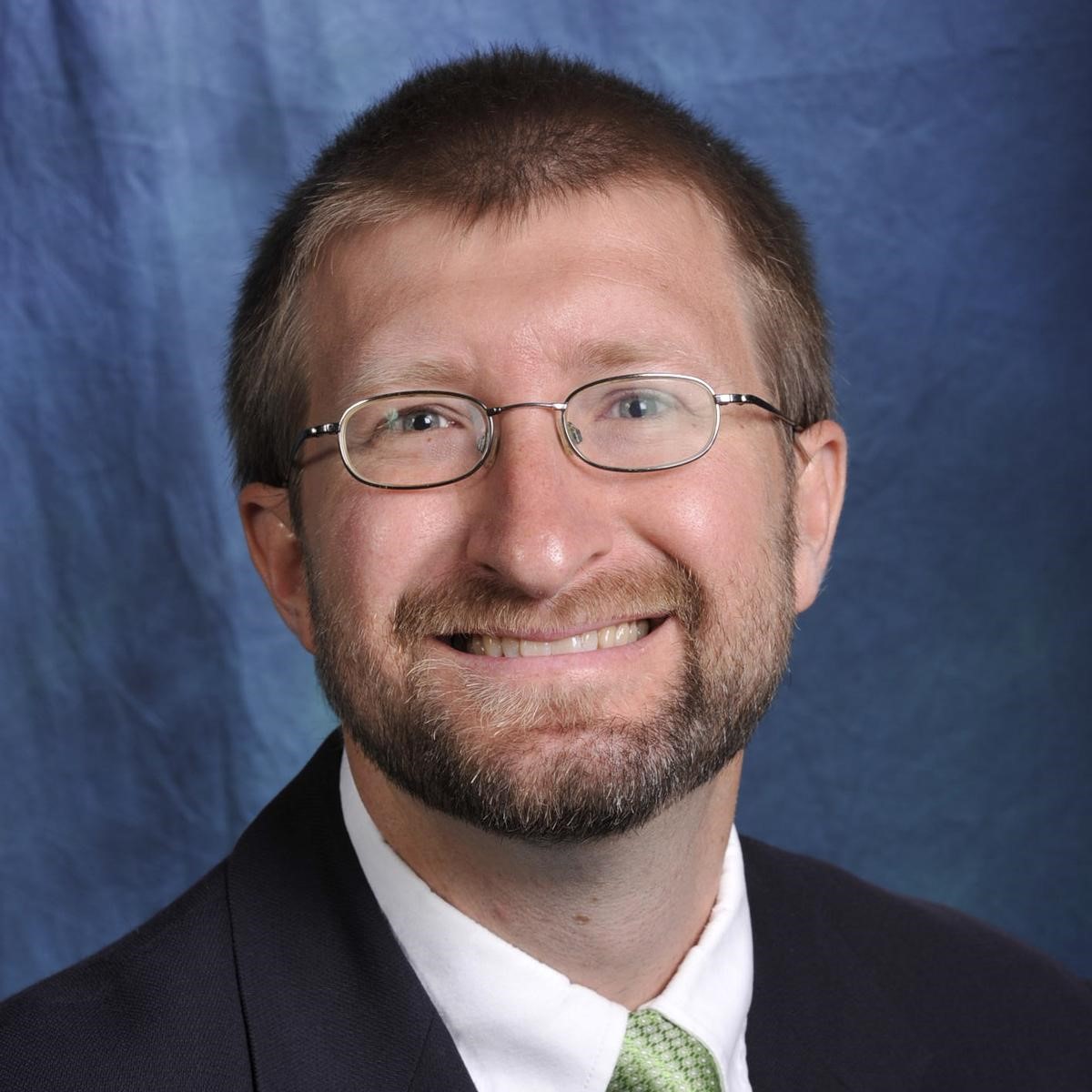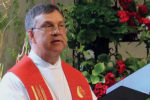 |
This leader in the 16th-century Lutheran Reformation has much to teach us today.
The celebrations that began on Oct. 31, 2017, seem to be fading. That date marked five centuries since Martin Luther launched the Reformation with the posting of his Ninety-five Theses. Since then, various publications have noted other milestones associated with the beginning of the Lutheran church.
But before we put the 500th anniversary of the Lutheran Reformation in the rearview mirror, I would like to propose another occasion to remember. It was during this month in 1523 that Johannes Bugenhagen was installed as pastor of the City Church of Wittenberg.
A brief biography
Most Lutherans today probably know little or nothing about Bugenhagen’s life and work. Yet during the time of the Reformation, he was widely considered to be, along with Luther and Philip Melanchthon, one of the three most important leaders of the Lutheran movement.
Born in 1485, Johannes Bugenhagen grew up in Pomerania, located on the present-day border between Germany and Poland. Little is known about his childhood and early life. After receiving a university education, he served for 15 years as the rector of a local Latin school (the modern equivalent of a grade school principal). During this time, he was also ordained as a priest and assisted in the education of monks. Bugenhagen’s life was changed in the fall of 1520 after he encountered Luther’s writings and became convinced of their truthfulness. A few months later, at the age of 35, he gave up his career as a teacher and enrolled at the University of Wittenberg.
After Bugenhagen’s arrival, Luther and other reformers quickly recognized his intellectual and spiritual gifts. Though his intention was to focus on his studies, he was fast-tracked to various leadership positions, including guest lecturing at the university. Less than three years after his arrival in Wittenberg, he was elected pastor of St. Mary’s Church, popularly known as the City Church.
Over the next several decades, Bugenhagen would serve as Luther’s pastor and become one of his dearest colleagues. He performed the marriage ceremony between Luther and Katherina von Bora and preached at the great reformer’s funeral. In his pastoral role, Bugenhagen provided spiritual counsel to Luther by hearing his confession of sins, proclaiming Christ’s forgiveness, and offering spiritual guidance. He and his wife, Walpurga, also enjoyed a close personal friendship with the Luthers. After Martin and Katie had their first son, Bugenhagen served as the child’s baptismal sponsor.
In addition to being Luther’s confessor and friend, Bugenhagen also served the cause of the church more broadly. He assisted in the translation of the Bible into German, produced several of his own biblical commentaries, and gave numerous lectures in a variety of educational settings. Bugenhagen also possessed great administrative gifts. He helped spread the Lutheran faith to parts of northern Germany, as well as Denmark, by visiting congregations, advising church leaders, and writing liturgies. Because of these activities, he is sometimes known as the “organizer of the Reformation.” Following Luther’s death, he was a key figure in guiding the Lutheran church through the turmoil of imperial war and doctrinal infighting.
Bugenhagen passed from this earthly life in 1558.
Luther was not alone
Though not as well-known as other leaders of the Reformation, 21st-century Lutherans can learn much from this remarkable 16th-century pastor and theologian.
One lesson is historical, but it has contemporary implications: Luther did not carry out his theological reforms on his own.
One of the common misconceptions about the origins of Lutheranism is that its doctrinal hallmarks (justification by faith alone, the theology of the cross, etc.) arose from original insights springing from the unique mind of a singular German monk. Nothing could be further from the truth. Luther was surrounded and influenced by other faithful scholars of the Bible—people like Bugenhagen. For example, when Luther was composing the Smalcald Articles (one of the Lutheran church’s confessions of faith), Bugenhagen was instrumental in clarifying the biblical teaching of the real presence in the Lord’s Supper. Though our denomination is named after one person, that title obscures a crucial fact: The movement to restore the church to its scriptural and historical foundations was the joint effort of a believing community.
The same goes for the work of the modern church. As Lutherans, we believe in Scripture alone but not “Scripture on my own.” Put another way, the Bible is the sole authority for the church’s doctrine, but faithful Christians always interpret the Bible together with their fellow believers. The private reading of God’s Word is certainly a wonderful blessing, but we do not have to go it alone. In fact, many errors arise when Christians insist on the idiosyncratic results of their personal Bible study. Rather than as individuals, we carry out our interpretation of Holy Scripture in concert with the other members of the communion of saints, both from the present and the past.
A model for second-career ministry
Bugenhagen’s career also can remind us about the importance of identifying gifted individuals for service to the church. Though it is not precisely accurate to call Bugenhagen a second-career pastor—he was already ordained as a Catholic priest before coming to Wittenberg—his somewhat belated path to Lutheran ministry can prompt us to think about our present situation.
Our church body is right to praise God for its schools of ministerial education that form young Christians for service in the church. On a personal level, I count it a tremendous privilege to teach at Martin Luther College, where men and women, mostly in their late teens and early 20s, prepare to be teachers, staff ministers, and pastors. I thank God for those who encourage students in elementary and high school to study for that high calling.
Yet sometimes I wonder if we shortchange the importance of recruiting and educating those who have already started down a different vocational path. Do we recognize gifted laypeople in their 20s, 30s, 40s, or beyond as potential candidates for the public ministry? Are there models and lessons—perhaps drawn from the Lutheran church of past centuries—that can guide us in our efforts to help men and women pursue a second career as a teacher, staff minister, or pastor? As our church body faces a shortage of called workers, I know that synodical leaders are wrestling with these questions—and taking action.
But you and I can do our part too. First, we can pray that God would touch the hearts of men and women from a variety of demographic backgrounds to become ministers of the gospel. Second, we can support those non-traditional students who either are currently studying for service in the church or are considering it. Perhaps there is another modern-day Johannes Bugenhagen who just needs an extra nudge of encouragement.
Author: Timothy Grundmeier
Volume 110, Number 10
Issue: October 2023







